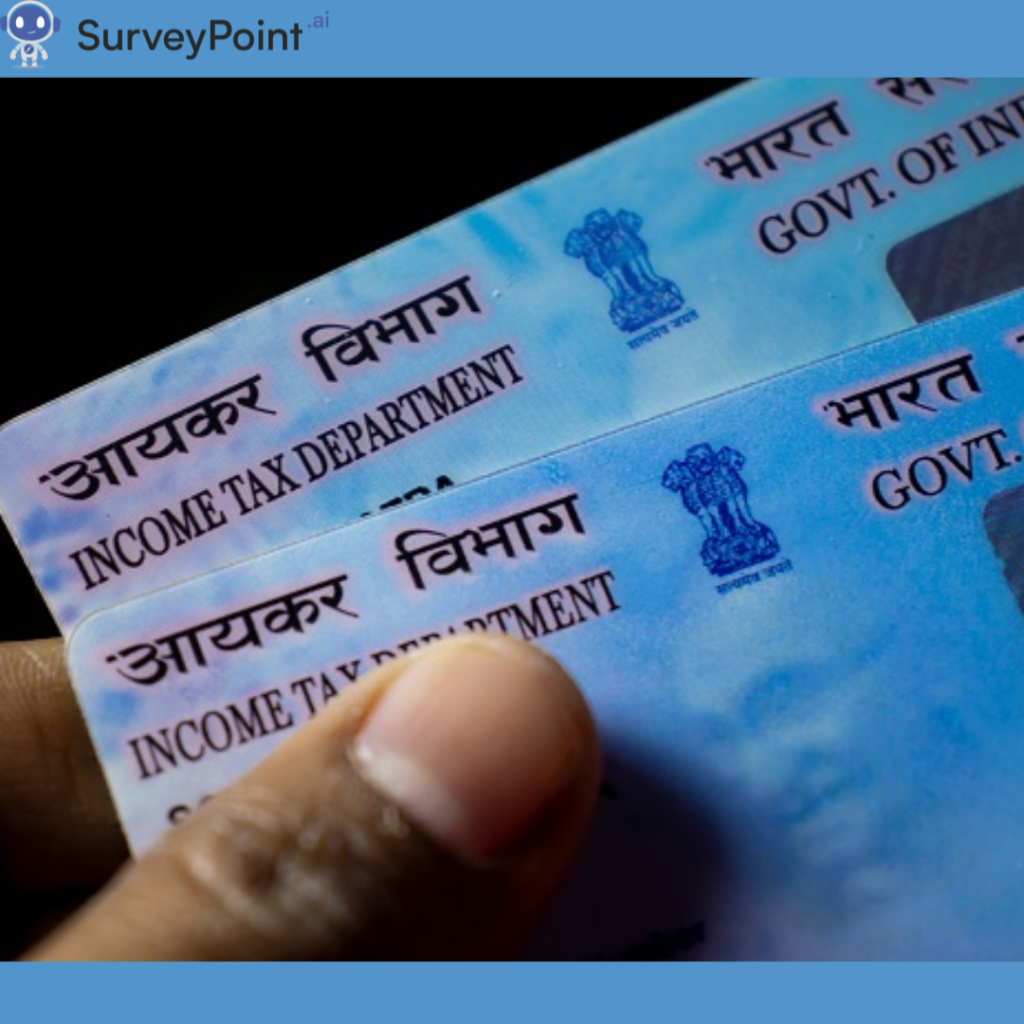
In the digital age, where technology permeates every aspect of our lives, the threat of cyber crime has become increasingly prevalent. From identity theft and financial fraud to data breaches and ransomware attacks, cyber criminals are exploiting vulnerabilities in the digital world to their advantage. However, as these threats grow, so does the awareness among people about the importance of cybersecurity. Governments around the world, including India, are taking proactive measures to educate and protect citizens from cyber crime. This blog post explores the rising awareness of cyber crime, the measures taken by governments, and how individuals can safeguard themselves in an increasingly digital world.
The Growing Awareness of Cyber Crime
1. Increased Media Coverage
One of the key factors contributing to the growing awareness of cyber crime is the increased media coverage of high-profile cyber attacks. News outlets regularly report on incidents of data breaches, hacking, and online fraud, bringing the issue to the forefront of public consciousness. The more people hear about these incidents, the more they realise the importance of taking steps to protect themselves online.
2. Educational Initiatives
Educational institutions and organizations are playing a significant role in raising awareness about cyber crime. Schools, colleges, and universities are incorporating cybersecurity education into their curricula, teaching students about the risks of cyber crime and how to stay safe online. Workshops, seminars, and online courses are also available for people of all ages to learn about cybersecurity best practices.
3. Social Media Campaigns
Social media platforms have become powerful tools for spreading awareness about cyber crime. Government agencies, non-profit organizations, and cybersecurity companies use social media to share tips, resources, and real-time updates on cyber threats. Hashtags like #CyberSecurityAwareness and #StaySafeOnline are trending topics that encourage users to stay informed and vigilant.
4. Personal Experience
Unfortunately, many people become aware of cyber crime only after falling victim to it. Personal experiences with cyber crime, whether through phishing scams, unauthorized transactions, or identity theft, often serve as a wake-up call. Victims are likely to share their experiences with friends and family, further spreading awareness about the risks and the need for caution online.
Government Measures to Raise Awareness and Protect Citizens
1. Cyber Security Awareness Month
To emphasize the importance of cybersecurity, many governments, including India, observe Cyber Security Awareness Month. During this month, various activities and campaigns are organized to educate the public about cyber threats and how to protect themselves. These initiatives often include workshops, webinars, social media campaigns, and the distribution of educational materials.
2. Public Awareness Campaigns
Governments are increasingly launching public awareness campaigns to educate citizens about cyber crime. These campaigns often include television and radio ads, posters, and online content that highlight the risks of cyber crime and provide practical advice on how to stay safe online. For example, India’s Ministry of Electronics and Information Technology (MeitY) has initiated several awareness programs under the National Cyber Security Policy.
3. Legislation and Regulation
Governments are also enacting and enforcing laws to combat cyber crime and protect citizens. In India, the Information Technology Act, 2000, along with its amendments, serves as the primary legislation governing cyber crime. The act includes provisions for the punishment of various cyber crimes, such as hacking, identity theft, and phishing. Additionally, the Indian government has set up the Indian Computer Emergency Response Team (CERT-In) to monitor and respond to cyber threats.
4. Collaborations with Private Sector
To enhance cybersecurity awareness and protection, governments often collaborate with the private sector. Partnerships with cybersecurity firms, technology companies, and financial institutions help in developing and disseminating resources that educate the public about cyber threats. These collaborations also involve sharing information on emerging threats and best practices for mitigating risks.
5. Cybercrime Reporting Platforms
To encourage people to report cyber crimes, governments have established dedicated platforms and helplines. In India, the National Cyber Crime Reporting Portal (cybercrime.gov.in) allows citizens to report cyber crimes such as online harassment, financial fraud, and cyberbullying. These platforms not only facilitate reporting but also provide guidance on steps to take if one falls victim to a cyber crime.
6. Cybersecurity Training Programs
Governments are investing in cybersecurity training programs to equip citizens, especially professionals, with the skills needed to protect against cyber threats. In India, initiatives like the Cyber Swachhta Kendra and training programs for law enforcement agencies are aimed at building a robust cybersecurity framework. These programs ensure that the workforce is knowledgeable about the latest cybersecurity practices and technologies.
How Individuals Can Protect Themselves
While government initiatives are crucial, individual responsibility is equally important in combating cyber crime. Here are some steps individuals can take to protect themselves online:
1. Strong Passwords
Use strong, unique passwords for each online account. A combination of letters, numbers, and special characters can make passwords more secure. Consider using a password manager to keep track of complex passwords.
2. Enable Two-Factor Authentication
Two-factor authentication (2FA) adds an extra layer of security by requiring a second form of verification, such as a code sent to your phone, in addition to your password. Enable 2FA on all accounts that support it.
3. Be Cautious of Phishing Scams
Phishing scams are designed to trick you into providing personal information, such as passwords or credit card details. Be wary of suspicious emails, texts, or websites, and never click on links or download attachments from unknown sources.
4. Regular Software Updates
Keep your devices and software up to date with the latest security patches. Cyber criminals often exploit vulnerabilities in outdated software to gain access to systems.
5. Secure Your Wi-Fi Network
Ensure that your home Wi-Fi network is secured with a strong password and encryption. Avoid using public Wi-Fi for sensitive transactions, such as online banking, as these networks are often less secure.
6. Monitor Your Financial Statements
Regularly review your bank and credit card statements for any unauthorized transactions. If you notice any suspicious activity, report it to your financial institution immediately.
7. Backup Your Data
Regularly back up important data to an external drive or cloud storage. In the event of a cyber attack, such as ransomware, having a backup can help you recover your data without paying a ransom.
Conclusion
As the digital landscape continues to evolve, the threat of cyber crime is an ever-present reality. However, the growing awareness among people and the proactive measures taken by governments are making it increasingly difficult for cyber criminals to operate. By staying informed, adopting good cybersecurity practices, and taking advantage of government resources, individuals can significantly reduce their risk of falling victim to cyber crime.
The collaboration between the public, private sector, and governments is crucial in building a secure digital environment. As awareness continues to rise, we can expect to see even more robust defences against cyber threats, ensuring that the benefits of the digital age are not overshadowed by its risks. For more information checkout- surveypoint.ai




